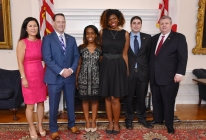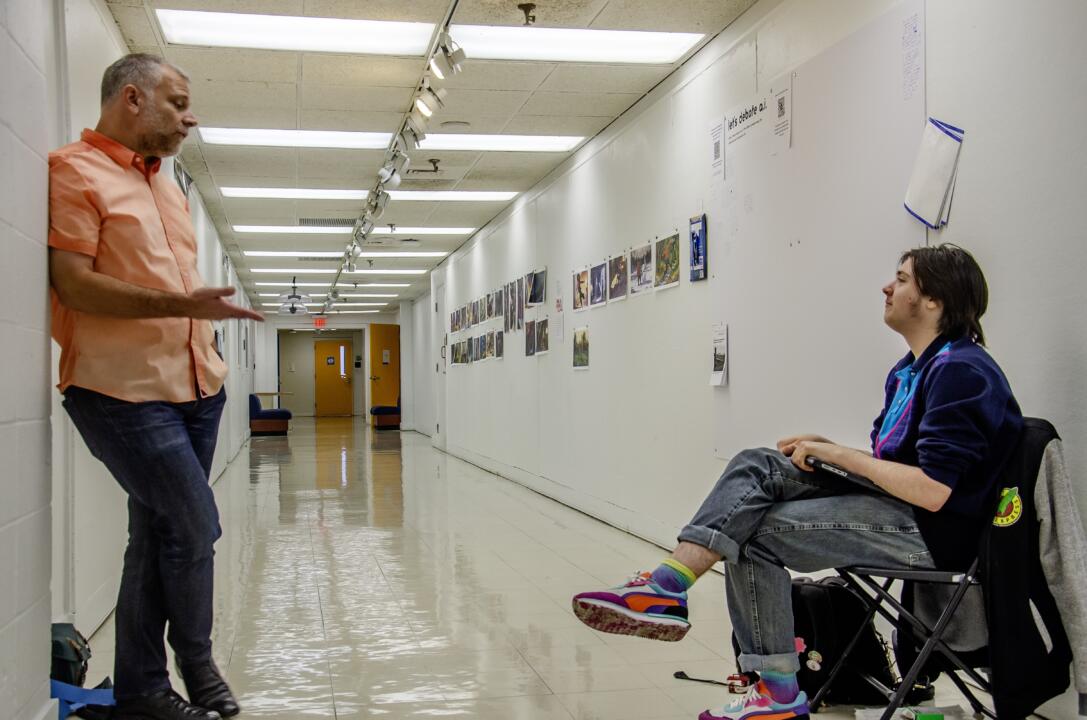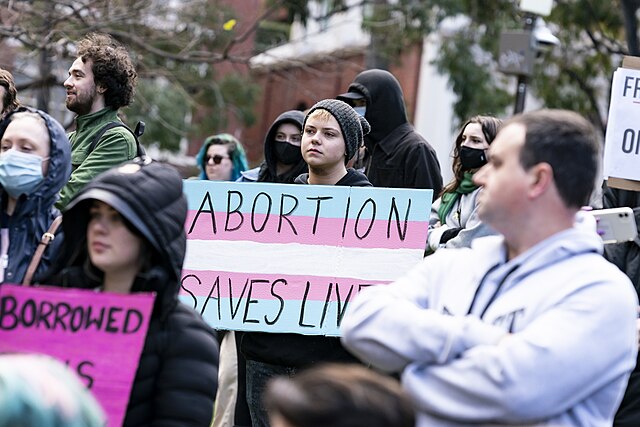Being a national leader in applied learning and continuing to rise among national ranks, it comes as no surprise that UMBC’s very own resident students were provided with the ample opportunity to share their research papers concerning Maryland issues to state political leaders. The students were able to do as part of the Shriver Center’s Governor’s Summer Internship Program. A celebration for this year’s program ended with a meet-up at the Maryland State house in Annapolis this past August.
The GSIP is responsible for introducing college students in the state of Maryland to the trials and rewards within the Maryland state government. For a 10-week period over the summer, interns work in state government agencies and perform substantive tasks such as drafting speeches, corresponding to research policy options and assisting with constituent case work.
What the students addressed in their research included a wide variety of topics including the achievement gap for English language learners, reducing recidivism (relapses in criminal behavior), ways to prevent opioid abuse and affordable housing. The scholars in question who participated at the annual event included Vanessa Barksdale, Nathan O’Toole, Aidan Delisle and Patrick DuBoyce from the UMBC graduating class of 2017 and Manisha Vepa from the UMBC graduating class of 2018. UMBC Political Science Associate Professor Laura Hussey worked closely with the scholars throughout their summer internships in order to develop their policy papers.
This, however, is not the first time that UMBC was represented within the program. Just last year, there were four of UMBC’s upperclassmen presenting their own policy proposals to relevant state issues at the time, such as furthering the eradication of childhood lead poisoning in Maryland, urging the implementation of an alternative standardized testing system that would replace the state’s PARCC assessment with the ACT Aspire assessment. (An argument that is further explained in the policy paper which can be found at shrivercenter.umbc.edu along with other archived policy papers.) Another was the presentation of creative alternatives for high-risk probationers in Baltimore City’s Western District.
It was at the closing ceremony in Annapolis, opened by Maryland Lieutenant Governor Boyd Rutherford, that the GSIP participants presented their policy papers, offering state policy solutions and further reiterating several topics including the development of transitional housing, the continuation of education for ex-offenders societal re-entry in effort to reducing recidivism, developing and passing an anti-discrimination housing law and further development of local programs and magnet schools in order to address the aforementioned achievement gap for English language learners.
In addition to seeing the conclusion of this year’s GSIP program, there were other Shriver Center programs such as the Walter Sondheim, Jr. Maryland Nonprofit Leadership Program, which offered similar summer internship opportunities in the non-profit sector to collegiate upperclassmen attending Maryland higher learning institutions and the Maryland Department of Transportation Fellows Program, which offered exposure to Maryland college students to careers in the state sector within Maryland’s integrative transportation system. Both of the previously mentioned programs also concluded with the GSIP this last August.


